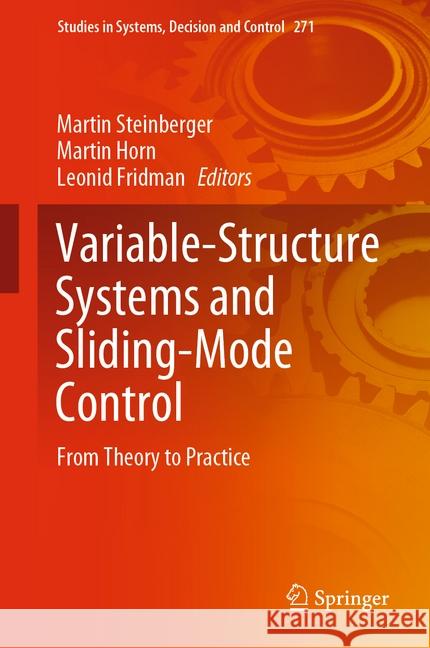Variable-Structure Systems and Sliding-Mode Control: From Theory to Practice » książka
topmenu
Variable-Structure Systems and Sliding-Mode Control: From Theory to Practice
ISBN-13: 9783030366209 / Angielski / Twarda / 2020 / 462 str.
Variable-Structure Systems and Sliding-Mode Control: From Theory to Practice
ISBN-13: 9783030366209 / Angielski / Twarda / 2020 / 462 str.
cena 603,81
(netto: 575,06 VAT: 5%)
Najniższa cena z 30 dni: 578,30
(netto: 575,06 VAT: 5%)
Najniższa cena z 30 dni: 578,30
Termin realizacji zamówienia:
ok. 16-18 dni roboczych.
ok. 16-18 dni roboczych.
Darmowa dostawa!
Kategorie:
Kategorie BISAC:
Wydawca:
Springer
Seria wydawnicza:
Język:
Angielski
ISBN-13:
9783030366209
Rok wydania:
2020
Wydanie:
2020
Numer serii:
000477984
Ilość stron:
462
Waga:
0.84 kg
Wymiary:
23.39 x 15.6 x 2.69
Oprawa:
Twarda
Wolumenów:
01
Dodatkowe informacje:
Wydanie ilustrowane











